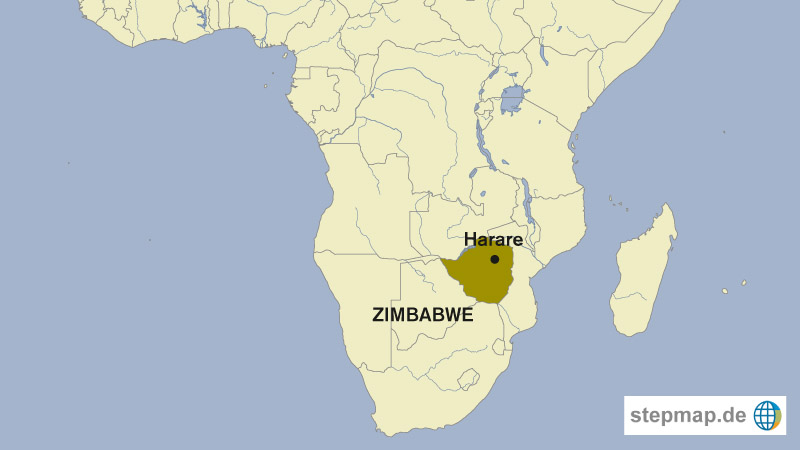Deforestation
Fading forests

The country’s Forestry Commission says the forest pests are increasing because of climate change. “The pests that attack gum trees are a direct result of climate change,” Violet Makoto, the commission’s spokeswoman points out. Pests are invading areas where they previously did not exist. “Eventually, they will destroy the trees,” Makoto says.
According to Zimbabwe’s Ministry of Environment, Water and Climate, the country has a deforestation rate of 330,000 hectares per year. The ministry estimates that 43,000 hectares of eucalyptus trees succumbed to forest pests from September 2015 to the end of May 2016 alone. Nonetheless, the pests are not the greatest threat to forests. Oppah Muchinguri, Zimbabwe’s environment minister, says: “The conversion of forest land to agricultural land accounts for 80 % of the deforestation rate.”
Forestry businesses are suffering. According to the Timber Producers Federation, the gum tree diseases have reduced the amount of land used for commercial timber production from over 108,000 hectares in the past decade to 80,000 hectares, with eucalyptus plantations recording the biggest decrease. Community woodlots too are affected all over the country. They provide fuel wood to farmers and private households, as well as timber and poles for buildings.
The Forestry Commission states that the increase of forest pests “should not deter eucalyptus growers”. It promises to find a solution to the pest problem. Earlier this year, the Forestry Commission partnered with the UN Food and Agriculture Organization (FAO) to import a biological control agent. It is referred to as a “natural enemy”, which controls the pest population in the environment. This pest control method is actively managed, but relies on natural mechanisms like predation and parasitism.
However, environmental activists complain nothing has been done to save the gum trees from doom. “Only talk, but action has lacked,” says independent environmental activist Marcelline Sigauke.
Jeffrey Moyo is a journalist and lives in Harare, Zimbabwe.
moyojeffrey@gmail.com














